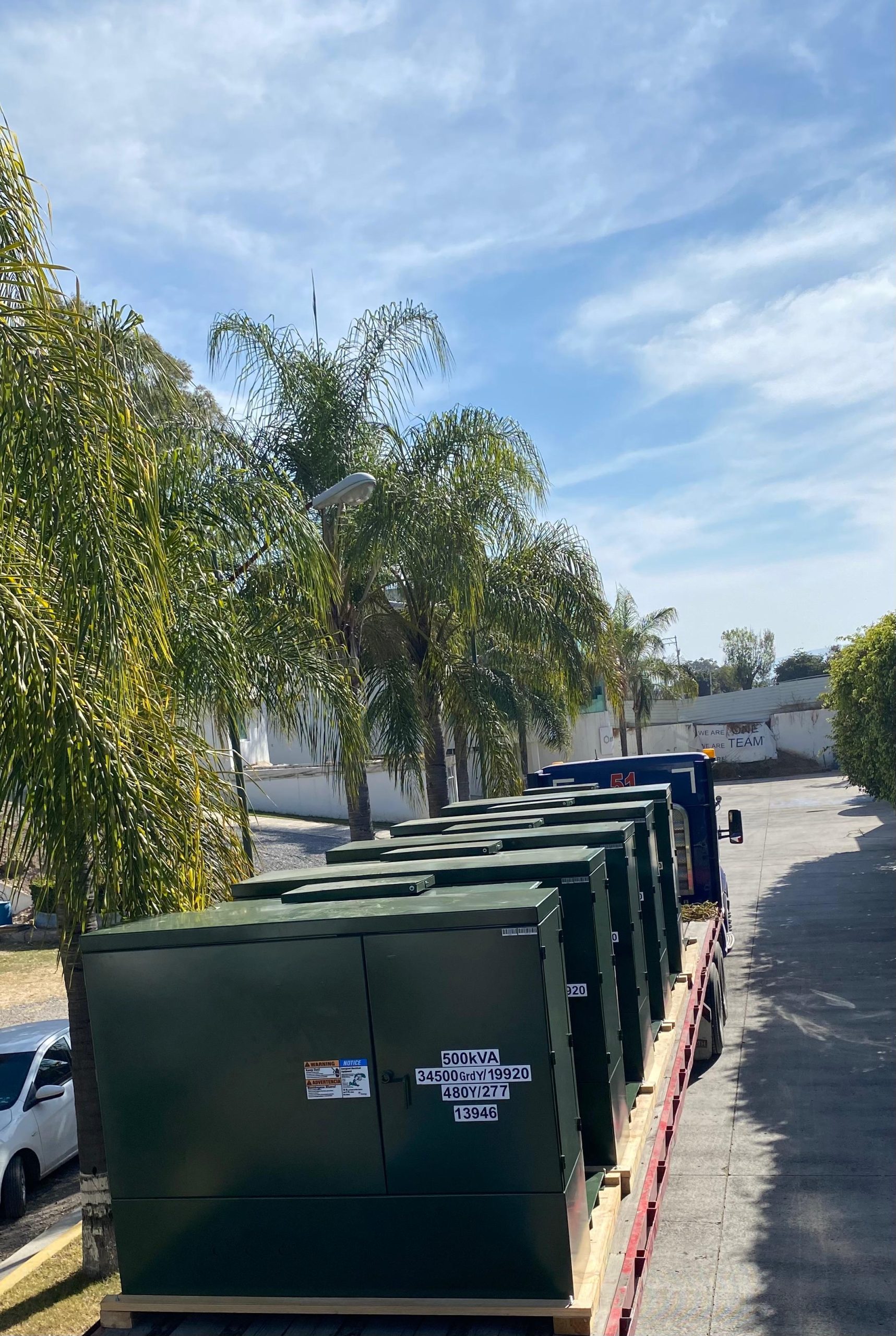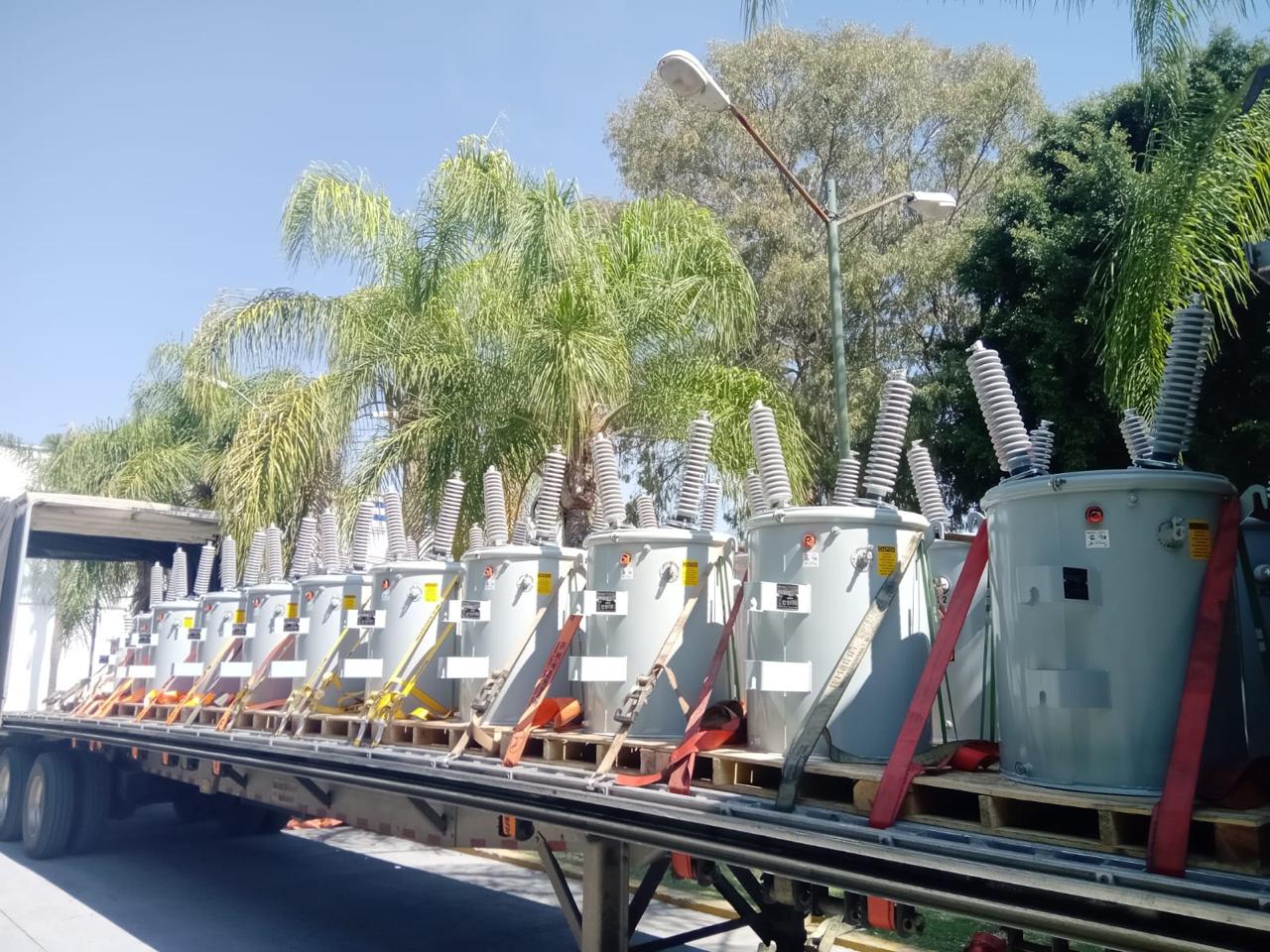Across the United States, the effects of climate change are no longer a distant concern—they’re a daily challenge. From wildfires in California to hurricanes along the East Coast, and record-breaking heatwaves in Texas, America’s electrical grid is under pressure like never before. In this new era, the ability of transformers and other electrical infrastructure to withstand extreme environmental conditions is not optional—it’s essential.
To support the dynamic and data-driven needs of smart cities, the electrical infrastructure must become more flexible, responsive, and interconnected—and transformers play a pivotal role in enabling that evolution.
1. Why Climate Resilience Matters
Traditional electrical systems were designed for predictable weather patterns and moderate conditions. However, climate change has introduced new stressors:
- Increased temperatures cause transformers to overheat, reducing their lifespan and efficiency.
- Flooding and hurricanes damage substations and underground distribution systems.
- Wildfires destroy transmission lines and endanger transformer stations.
- Droughts impact hydroelectric generation, stressing other parts of the grid.
Each of these events can lead to widespread power outages, damage to expensive equipment, and safety risks for entire communities.
2. Transformers Must Adapt to a Changing Climate
To meet these challenges, next-generation transformers must be:
- Heat-resistant: Capable of operating safely in ambient temperatures above 110°F (43°C), which is common during Texas summers.
- Flood-resilient: Installed in elevated locations or waterproof enclosures in flood-prone areas.
- Fire-resistant: Designed with flame-retardant materials and non-flammable dielectric fluids.
- Self-monitoring: Equipped with sensors that detect overheating, moisture, and performance anomalies before failure occurs.
These features are critical not just for preventing blackouts but also for minimizing downtime and replacement costs.
3. Extreme Weather in Texas and the Southern U.S.
In Texas, the 2021 winter storm and recent summer heatwaves exposed vulnerabilities in both generation and distribution. Transformers failed under prolonged high demand, and the lack of winterized infrastructure caused cascading outages.
As temperatures continue to rise and weather patterns grow more unpredictable, the need for climate-hardened transformers has become a statewide priority.

4. Resilient Grid Projects in the U.S.
In response, government and private utilities are investing in resilient grid infrastructure:
- California Wildfire Hardening: Utilities like PG&E are replacing traditional transformers with fire-resistant and elevated units, and deploying remote shutoff capabilities to prevent ignition.
- Florida Hurricane Resilience: Many utilities are transitioning to pad-mounted transformers with waterproof casings and reinforced underground systems.
- DOE Grid Resilience and Innovation Partnerships (GRIP): A federal program funding over $3.5 billion for technologies that improve climate resilience—including smarter transformers and microgrid integration.
- Austin, TX Pilot Programs: Local utilities are testing thermal-resistant transformers and self-healing grid sections that isolate faults caused by extreme temperatures or wind.
These examples illustrate a clear trend: modern transformers must be built to survive—not just perform.

In Sumary
Climate change is reshaping the future of electrical systems. No longer can infrastructure be designed for past weather conditions. Instead, it must be:
- Predictive with smart monitoring
- Durable under extreme temperatures and environments
- Flexible enough to integrate with emergency response systems
Transformers are the backbone of this evolution.
United TRS Electric: Built for Resilience
At United TRS Electric, we design and deliver transformers that meet the demands of a changing world. Whether your project is in a wildfire-prone region, a flood zone, or a high-temperature environment, we provide reliable, resilient, and future-ready solutions.
→ Contact our experts to discuss your next project and quote resilient transformers.
sales@unitedtrselectric.com 214-876 0184

